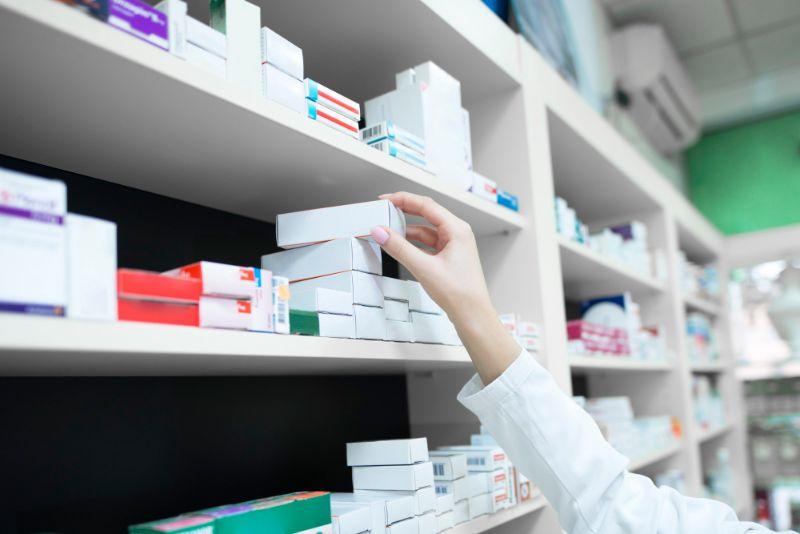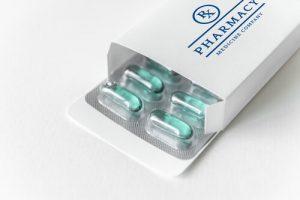Appropriate Medications After Hair Transplant: Everything You Need To Know

Appropriate Medications After Hair Transplant: Everything You Need To Know
A hair transplant is an increasingly common hair restoration procedure for those who suffer from baldness. Although the procedure itself is relatively simple, it is important to know how to take care of your hair after the transplant. In particular, it is crucial to know which medications are appropriate after a hair transplant , to avoid any complications and ensure the success of the transplant. In this article, we will review appropriate medications after a hair transplant to help you understand what you need to do to grow your hair healthily and evenly.
Appropriate Medications After Hair Transplant
After a hair transplant, it is essential to take the appropriate medications to avoid any complications and encourage hair growth. The following medications are commonly prescribed for hair transplant patients.
Minoxidil
Minoxidil is a commonly prescribed medications after hair transplantation. It is often used to treat baldness in both men and women and is available as a topical solution. Minoxidil works by widening the blood vessels in the scalp, which improves blood circulation and promotes hair growth. It is generally recommended to apply it twice a day on the treated areas.
Finasteride
Finasteride is a common drug used to treat male pattern baldness. It is available in tablet form and works by inhibiting the conversion of testosterone to dihydrotestosterone (DHT), which is a hormone responsible for male pattern baldness. Finasteride may be prescribed to help maintain hair density after hair transplantation, but it is important to note that this medication should only be used under the supervision of a physician.
Antibiotics
After a hair transplant, it is common to take antibiotics to prevent any infection. Antibiotics are usually prescribed for a week or two after the procedure to avoid any complications. It is important to follow the dosage schedule prescribed by your doctor to avoid any complications.

Potential Side Effects of Medications After Hair Transplant
Although the drugs mentioned above are commonly used to help with hair growth after hair transplantation, they can also have potential side effects. It is important to understand these side effects before taking any medication.
Minoxidil Side Effects
Common minoxidil side effects include dry scalp, skin irritation, itching, and redness. In rare cases, it can also cause temporary hair loss. If you experience any of these side effects, it is important to contact your doctor to discuss your options.
Finasteride Side Effects
Common finasteride side effects include sexual problems such as decreased sex drive and difficulty maintaining an erection. In rare cases, it can also cause breast growth in men. If you experience any of these side effects, it is important to contact your doctor to discuss your options.
Side effects of antibiotics
Antibiotics can have side effects such as nausea, vomiting, diarrhea, and upset stomach. If you experience any of these side effects, it is important to contact your doctor to discuss your options.
Tips for maximizing hair growth after a transplant
In addition to taking the appropriate medications after a hair transplant, there are several things you can do to maximize hair growth after a transplant.
Follow your doctor’s instructions
Following your doctor’s instructions is crucial to ensuring a successful recovery after hair transplantation. This may include instructions on how to take prescribed medications, postoperative care, and limits.
Avoid activities that can damage hair
After a hair transplant, it is important to avoid activities that could damage the hair. This can include wearing helmets, aggressive brushing, or too frequent hair washing. It is important to follow your doctor’s instructions to avoid damaging newly transplanted hair follicles.
Maintain a healthy diet
A healthy diet is important for overall health and hair growth. It is important to eat foods rich in nutrients such as proteins, vitamins and minerals to maximize hair growth.
Avoid tobacco and alcohol
Tobacco and alcohol can slow down hair growth after a hair transplant. It is important to avoid these substances to maximize the results of the transplant.
Conclusion on Appropriate Medications After Hair Transplant
In conclusion, taking the necessary medications after hair transplant is essential to encourage hair growth and avoid complications. Commonly prescribed medications include minoxidil, finasteride, and antibiotics. However, it is important to understand the potential side effects of these medications before taking them. In addition to taking the appropriate medications after hair transplant, it is important to follow your doctor’s instructions, and avoid activities that could damage the new hair.

Dr. Baykal Oymak is a highly esteemed transplant specialist hailing from Turkey, boasting an impressive 17-year tenure in the medical field. His professional journey commenced as a dermatologist at Bogazici Hospital in Istanbul, where he began to hone his expertise. Since then, Dr. Oymak has conducted a remarkable tally of approximately 14,000 triumphant hair transplant procedures within Turkey. Additionally, he holds specialization in PRP treatment and Mesotherapy, further solidifying his reputation as a versatile and accomplished practitioner in the realm of dermatology and transplantation. » SCHEDULE YOUR HAIR TRANSPLANT IN TURKEY HERE «
